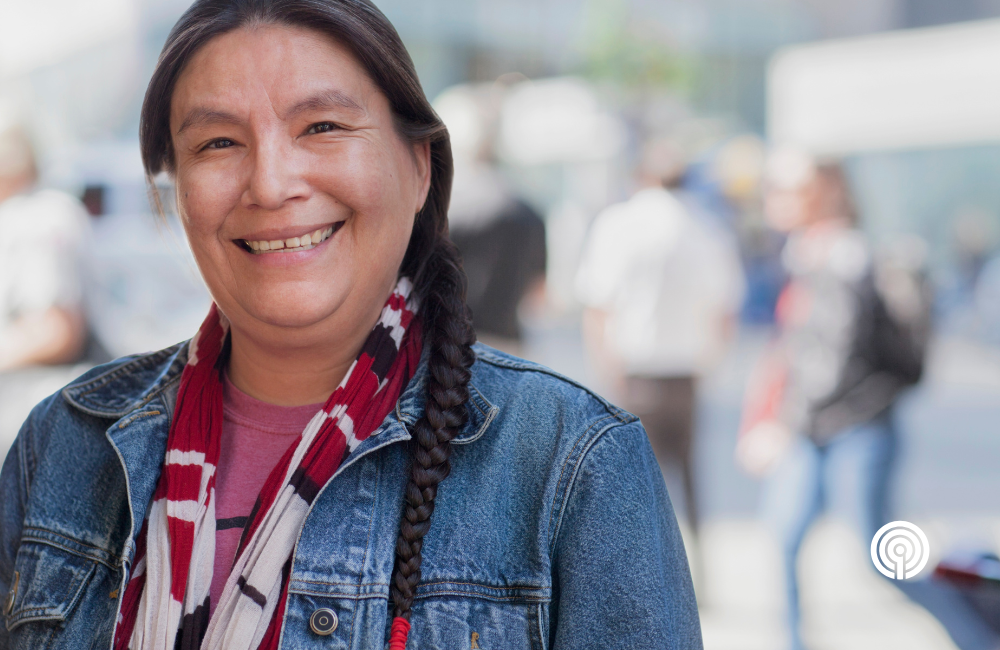
November is Native American Heritage Month. In healthcare, this month provides a critical opportunity to address disparities in health outcomes that disproportionately impact Native American populations and to promote cultural competency among healthcare providers.
Understanding Native American health disparities
Native American communities experience some of the starkest health disparities in the United States, influenced by a mix of social, economic, historical, and geographic factors. Examples of Native American health disparities include:
- Chronic disease: Native American populations have higher rates of chronic illnesses, such as diabetes and heart disease, often occurring at younger ages. The prevalence of diabetes in Native American adults, for instance, is nearly three times that of non-Hispanic whites. Limited access to preventative care and the lasting impact of historical trauma contribute to this disparity.
- Mental health: Mental health issues, including depression and suicide, are alarmingly high within Native American communities, especially among young adults. Suicide is the second leading cause of death for Native American youth aged 10-34, nearly double the national average. Addressing mental health within a cultural framework that respects traditional practices and supports holistic approaches is essential.
- Substance use and addiction: Native Americans have faced higher rates of substance use and addiction, partly due to historical trauma and socioeconomic challenges. Access to culturally sensitive substance use treatment that incorporates traditional healing practices can help combat this crisis.
- Maternal and child health: Native American women are more likely to experience complications during pregnancy, and infant mortality rates in Native communities remain higher than the national average. Barriers to prenatal care, trust in healthcare providers, and geographic challenges in accessing healthcare facilities exacerbate these risks.
- Access to healthcare: Many Native American families live in rural areas, limiting their access to comprehensive healthcare services. The Indian Health Service, tasked with providing healthcare to eligible Native Americans, often struggles with underfunding and staffing shortages, which impedes the level of care available to Native American communities.
Native American cultural competency in healthcare
Healthcare providers can honor Native American Heritage Month by expanding their cultural competency and striving for a more inclusive healthcare system responsive to Native American health needs. Here are some steps toward achieving that goal:
- Build trust through cultural respect: Native American communities have experienced historical trauma through forced assimilation, displacement, and loss of cultural identity. Building trust requires recognizing this history, respecting traditional healing practices, and showing an understanding of Native beliefs. Training in cultural competency can help healthcare providers approach Native American patients with the sensitivity and understanding needed to establish trust.
- Support holistic and traditional practices: Traditional practices, such as healing ceremonies, herbal medicine, and spiritual guidance, play an essential role in Native American healthcare. Providers who acknowledge and respect these practices can help Native American patients achieve better health outcomes.
- Address language barriers and improve communication: Effective communication is key to delivering person-centered care. For Native American communities with limited English proficiency, offering language support or involving community advocates can help ensure they understand their care and feel heard by providers.
- Collaborate with Native American organizations: Healthcare organizations can partner with Native American health organizations and tribal communities to develop services that align with Native American values and practices.
- Provide education on social determinants of health: Understanding social determinants of health is essential for addressing health disparities. For Native American communities, factors like access to housing, education, and employment play crucial roles in health outcomes. Educating healthcare providers on these determinants and encouraging a holistic approach to patient care can lead to more effective support.
A call to action for healthcare organizations
Native American Heritage Month is a meaningful time for healthcare organizations to assess and improve their approach to serving Native American patients. By prioritizing cultural competency, we can improve healthcare outcomes, reduce health disparities, and promote a more inclusive healthcare environment for Native American communities.
You may also like:
- How to Reduce Health Disparities with Cultural Competency
- Cross-Cultural Care in Mental Health & Depression: Why Cultural Competency Training Matters
- The Impact of Health Literacy on Health Disparities
- How to Implement Cultural Competency Training for Your Healthcare Team
- How To Build Patient Trust in Healthcare
